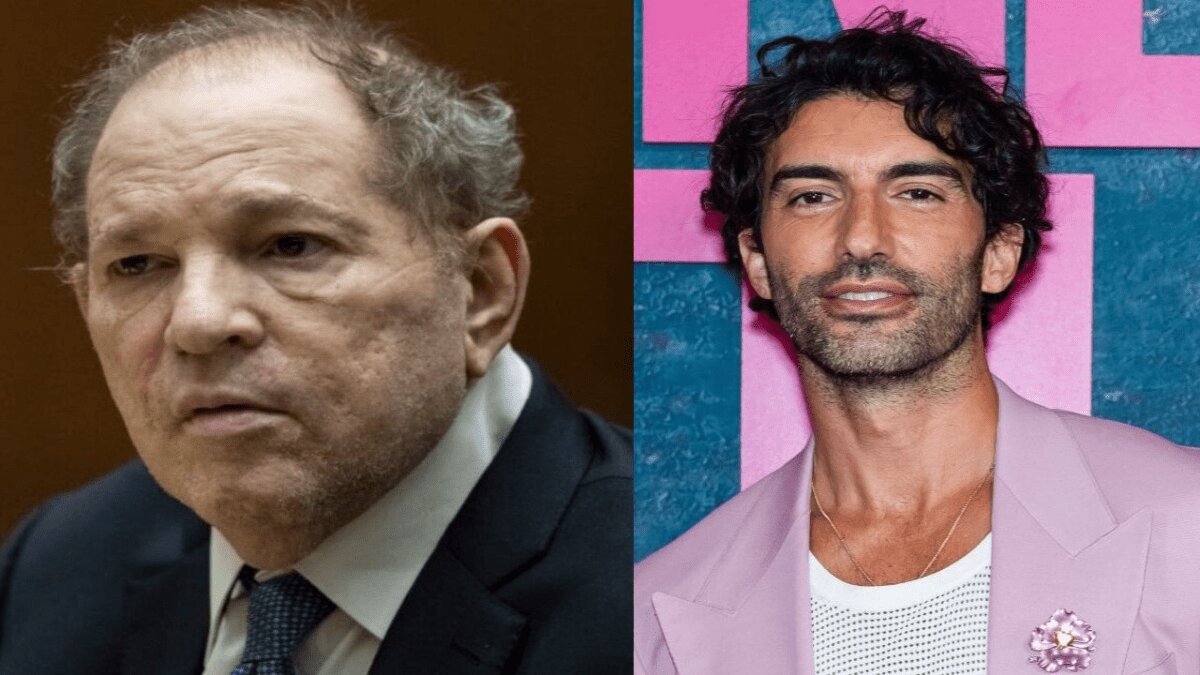Harvey Weinstein, the disgraced former film producer serving time for rape and sexual assault, has weighed in on the ongoing legal battle between Justin Baldoni and Blake Lively. Speaking from his prison cell at Rikers Island, Weinstein expressed support for Baldoni, who is currently embroiled in a legal dispute with Lively. He believes that The New York Times handled Baldoni’s case similarly to how they covered his own criminal allegations in 2017.
In a statement provided to TMZ, Weinstein said, “Watching Justin Baldoni take legal action against The New York Times and its reporters, accusing them of manipulating communications and ignoring evidence that countered Ms. Lively’s claims, hit me hard.” He seemed to draw a parallel between the way the media handled Baldoni’s situation and how they covered his own misconduct, suggesting that both cases were framed in a way that served a particular narrative.
The conflict between Baldoni and Lively began when Lively filed a lawsuit against Baldoni, accusing him of sexual harassment and retaliation. These alleged incidents occurred both on the set of their film It Ends With Us and during the subsequent press tour. Baldoni responded with a countersuit, claiming that Lively and her husband, actor Ryan Reynolds, had orchestrated a smear campaign against him. He also filed a lawsuit against The New York Times, alleging that the publication distorted facts and ignored key context in its reporting on Lively’s claims. The article in question was co-authored by Megan Twohey, who also played a significant role in exposing Weinstein’s own misconduct.
Weinstein, who was first publicly accused of sexual misconduct in 2017 by The New York Times and The New Yorker, argued that both outlets selectively chose details that supported their narratives while disregarding information that might have contradicted the claims. Reflecting on his own situation, he admitted regret for not speaking out sooner against the way his case was handled in the media. “I should have had the courage to speak out against the way the truth was twisted. That failure still haunts me,” Weinstein said, adding that he would be closely following Baldoni’s lawsuit due to its relevance to how the media treats accusations.
In response to Weinstein’s comments, a spokesperson for The New York Times defended the outlet’s coverage. They emphasized that their investigation into Weinstein’s alleged abuse had been thorough, involving months of research, on-the-record interviews, legal settlements, and other documents. The spokesperson further pointed out that none of the facts presented in their reporting were disputed and reiterated that Weinstein had publicly acknowledged his misconduct in a statement that was fully published by the newspaper. They also highlighted that Weinstein had been criminally convicted of rape and sexual assault.


